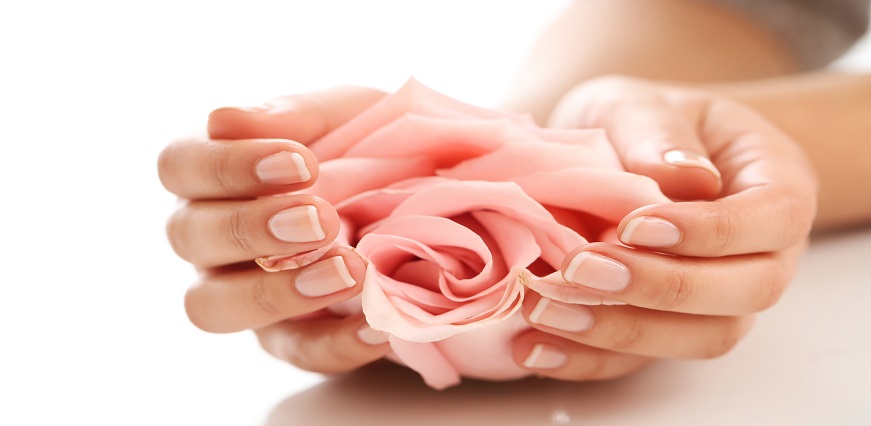





No lab centers are available in this city

Vaginal dryness can be caused by a decrease in hormone levels, breastfeeding, or certain medications. It is common during menopause and often triggers vaginal pain and irritation. Treatment options for vaginal dryness will vary depending on the cause.
Vaginal dryness is a painful and difficult symptom that can affect someone's quality of life. Pain during sitting, exercising, peeing or sexual intercourse is a typical response to vaginal dryness. Normally, the vaginal lining will be wet with fluids that keep it thick and elastic. It causes pain for some people if there's none of this lubrication--hence the term "vaginal dryness."
Vaginal dryness is a condition that anyone can be affected by, but it is estimated to affect about one-third of all women. This happens because estrogen levels decrease during and after menopause, which can cause the vaginal wall to become thinner and dry.
The main symptom of vaginal dryness is a feeling of discomfort or pain during sexual intercourse, due to a lack of lubrication in the vagina. This can make sex painful or difficult to enjoy. Vaginal dryness can also cause itching and burning around the vaginal opening, as well as generalised vulval soreness.
There are many possible causes of vaginal dryness, including hormonal changes (such as during menopause), certain medications (such as anti-histamines), medical conditions (such as Sjögren’s syndrome) and psychological factors (such as stress).
Vaginal dryness can be treated with a variety of different products, such as lubricants, moisturizers and estrogen creams or tablets. If you are experiencing vaginal dryness, it is important to see your GP or other healthcare professional to discuss your symptoms and find the best treatment option for you.
Vaginal dryness may have a variety of causes. Hormonal changes are a common cause, especially during menopause or after childbirth. Other possible causes include certain medications, medical conditions, and treatments such as chemotherapy.
Some women experience vaginal dryness only occasionally, while others may have it more often. It can vary in severity from mild discomfort to pain during sex. If you're concerned about vaginal dryness, talk to your doctor. They can help you determine the cause and recommend treatment options.
Vaginal dryness can cause a number of symptoms, including:
Vaginal dryness is a common problem that can cause discomfort, itching, and burning. There are many ways to prevent vaginal dryness, including:
Vaginal dryness can be a nuisance, and sometimes even a pain. But there are things you can do to manage it. Here are some tips:
 Allergy Test
Allergy Test
 Anemia Test
Anemia Test
 Auto immune
Auto immune
 Blood disorder
Blood disorder
 Bone and Joint
Bone and Joint
 Cancer Test
Cancer Test
 Cardiology Test
Cardiology Test
 Covid Recovery
Covid Recovery
 Dengue Test
Dengue Test
 Depression
Depression
 Diabetes Test
Diabetes Test
 Fatigue
Fatigue
 Fever Test
Fever Test
 Full body
Full body
 Gastro Test
Gastro Test
 Gastrointestinal
Gastrointestinal
 Gynaecology Test
Gynaecology Test
 Heart Test
Heart Test
 HIV Test
HIV Test
 Hormone Test
Hormone Test
 Hypertension
Hypertension
 Immunity Test
Immunity Test
 Infectious Disease
Infectious Disease
 Infertility Test
Infertility Test
 Influenza Test
Influenza Test
 Iron Test
Iron Test
 Kidney Test
Kidney Test
 Liver Test
Liver Test
 Lung Test
Lung Test
 Nephrology
Nephrology
 Obesity
Obesity
 Orthopedics Test
Orthopedics Test
 Physician
Physician
 Pollution Health Checkup
Pollution Health Checkup
 Pregnancy Test
Pregnancy Test
 Prostate Test
Prostate Test
 Senior Citizen Test
Senior Citizen Test
 STD Test
STD Test
 Thyroid Test
Thyroid Test
 Tuberculosis Test
Tuberculosis Test
 Vitamin Test
Vitamin Test
 Women Health Test
Women Health Test
Sign up takes less than 60 secs and gives you access to your offers, orders and lab tests.
Looks like you are not registered with us. Please Sign up to proceed
OTP will be sent to this number by SMS
We have successfully received your details. One of the agents will call you back soon.
 To reach our help desk call 9213188888
To reach our help desk call 9213188888
No Lab Centers are available in this city
Looks like you are not registered with us. Please Sign up to proceed
OTP will be sent to this number by SMS
Not Registered Yet? Signup now.Looks like you are not registered with us. Please Sign up to proceed





 7982100200
7982100200.png)